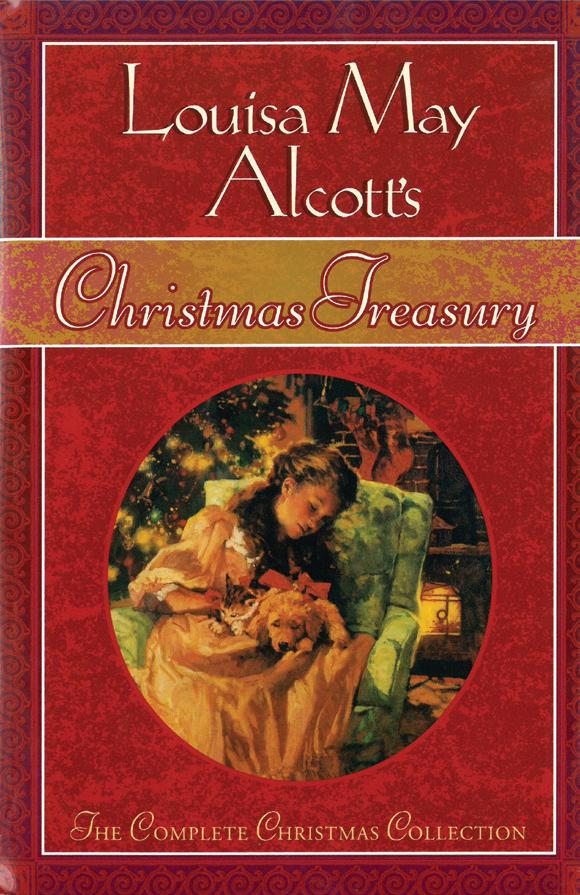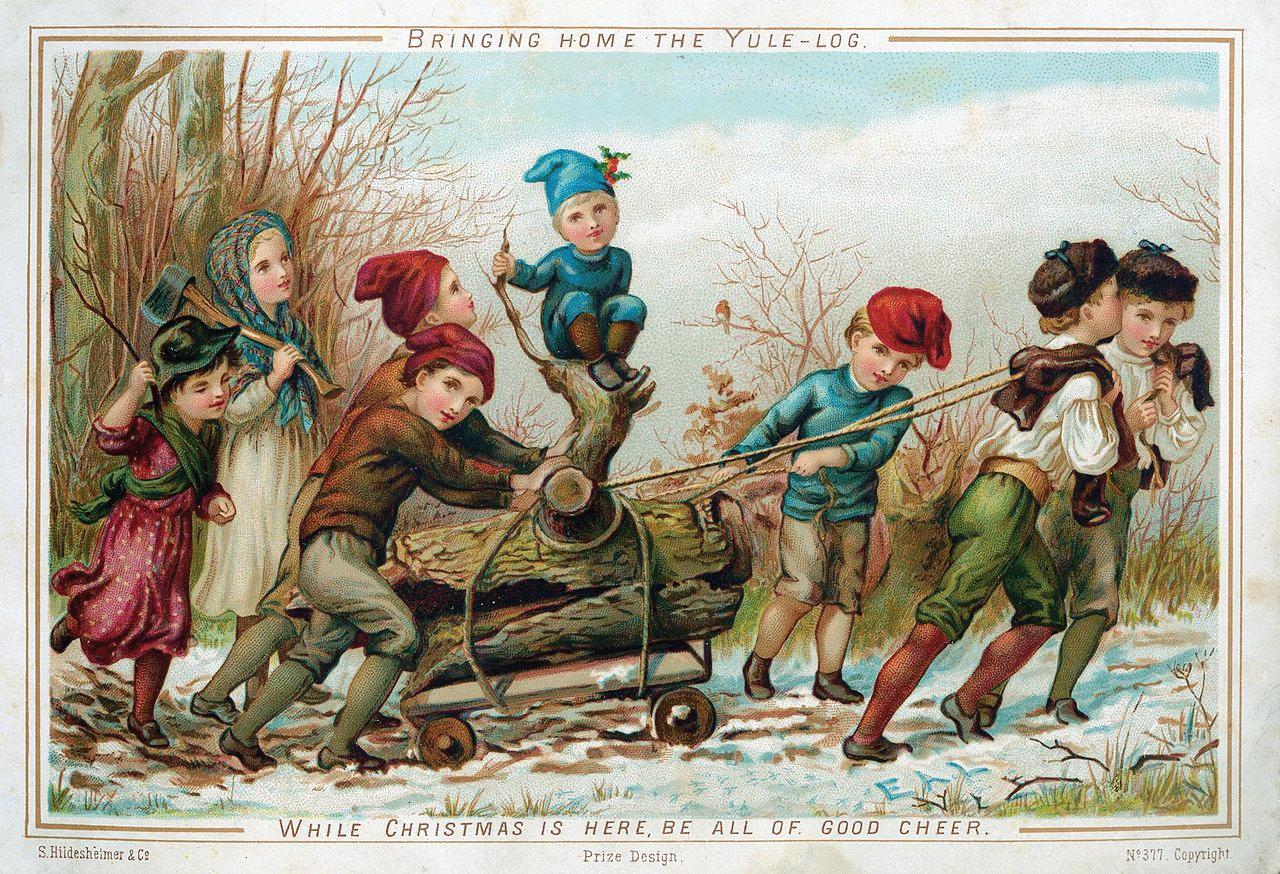
3 minute read
Spending the Holidays with Louisa May Alcott
by Susan Bailey

Photo by Susan Bailey
Advertisement
“‘Christmas won’t be Christmas without any presents, grumbled Jo, lying on the rug.’” This opening line from Little Women has linked Louisa May Alcott with Christmas for the past 150 years. In keeping with the spirit of the novel, Alcott penned dozens of short stories about the true meaning of Christmas, loosely modeled after Charles Dickens’ A Christmas Carol. Like Dickens, Alcott sought to teach her young readers about the virtues of giving versus receiving.
These stories reflect Alcott’s home life, as noted in her 1852 journal: “Our poor little home . . . was a shelter for lost girls, abused wives, friendless children, and weak or wicked men. Father and Mother had no money to give, but gave them time, sympathy, help; and if blessings would make them rich, they would be millionaires. This is practical Christianity.”
Like Little Women, these stories are quasi-autobiographical. Alcott had much life experience upon which to draw. Bronson and Abba Alcott insisted that although they were impoverished themselves, the family would always have something to share with the poor. The wealth and fame that resulted from the success of Little Women provided Alcott with the means to live out the directives of her parents.
She recounted an incident in her 1881 journal: “A poor woman in Ill. writes me to send her children some Xmas gifts, being too poor and ill to get any. They asked her to write to Santa Claus & she wrote to me. Sent a box and made a story about it.” The letter and Alcott’s subsequent action inspired the writing of Bertie’s Box, a heartwarming short story about a young boy inspired to play Santa Claus to an impoverished family after hearing a letter read aloud by his mother. Bertie took the poor children to heart; his spontaneous sacrifice of many of his own treasures moved other family members to join in his efforts. The closing scene depicts the reaction of the recipient family at receiving this Christmas surprise.
The purpose of Bertie’s Box, as with all of Alcott’s juvenile writing, was to teach morality. What makes these stories rise above the popular but tedious didactic tales of the day was the genuine love, respect, and understanding that the author had for her readers. The virtues of love, patience, industry, and generosity that she imparted were qualities she had listed in her diary as personal goals. Children somehow knew that Louisa May Alcott was their friend who understood their struggle to be good.
What makes these stories rise above the popular but tedious didactic tales of the day was the genuine love, respect, and understanding that the author had for her readers. The virtues of love, patience, industry, and generosity that she imparted were qualities she had listed in her diary as personal goals. Children somehow knew that Louisa May Alcott was their friend who understood their struggle to be good.
All of her Christmas stories demonstrate that Alcott’s “practical Christianity” was also personal: the poor were individuals with a name, a face, and a story. In an age where charitable giving was becoming institutionalized, and the poor vilified, Louisa’s stories bestowed dignity upon the poor while teaching children how to care for them. Such a timeless message keeps her tales relevant for today’s readers.

Samplings of Alcott’s Christmas tales include:
A Christmas Dream, and How It Came True tells the story of Effie and how a dream inspired by a reading of Dickens’ A Christmas Carol transforms this privileged, selfish, and ungrateful child into an angel of generosity to orphaned girls.
The Little Red Purse belongs to Lu, who, moved by the plight of the poor she met on her street, gives up her beloved candy and instead saves her pennies for those in need. She “adopts” Lucy and her impoverished family, providing for their needs as she learns of their hardships.
A Christmas Turkey, and How It Came is about the children of a poor family who band together to provide a turkey for Christmas dinner. Their actions inspire their drunken father to reform his life.
You can find Louisa May Alcott’s Christmas stories in these two collections:
Louisa May Alcott’s Christmas Treasury: The Complete Christmas Collection, edited by Stephen M. Hines
Christmas Tales and Stories by Louisa May Alcott, edited by Laura Ciolkowski
Susan Bailey is the author of two books (Louisa May Alcott: Illuminated by The Message and River of Grace) and webmaster for the Louisa May Alcott is My Passion blog at louisamayalcottismypassion.com.

